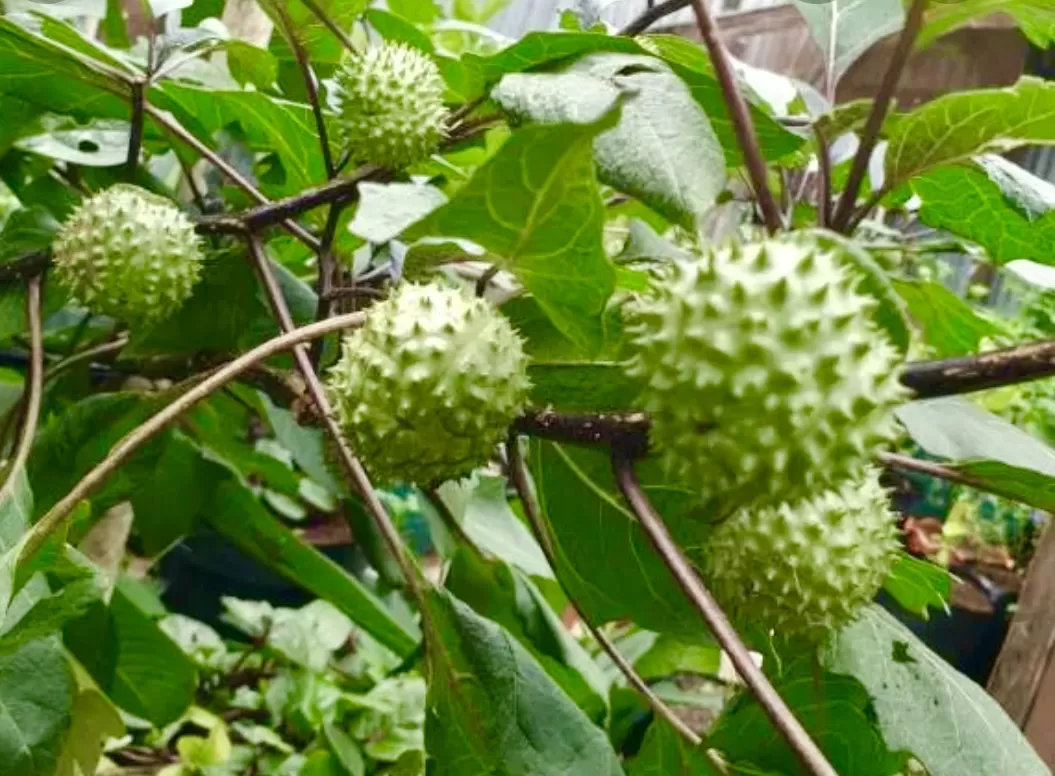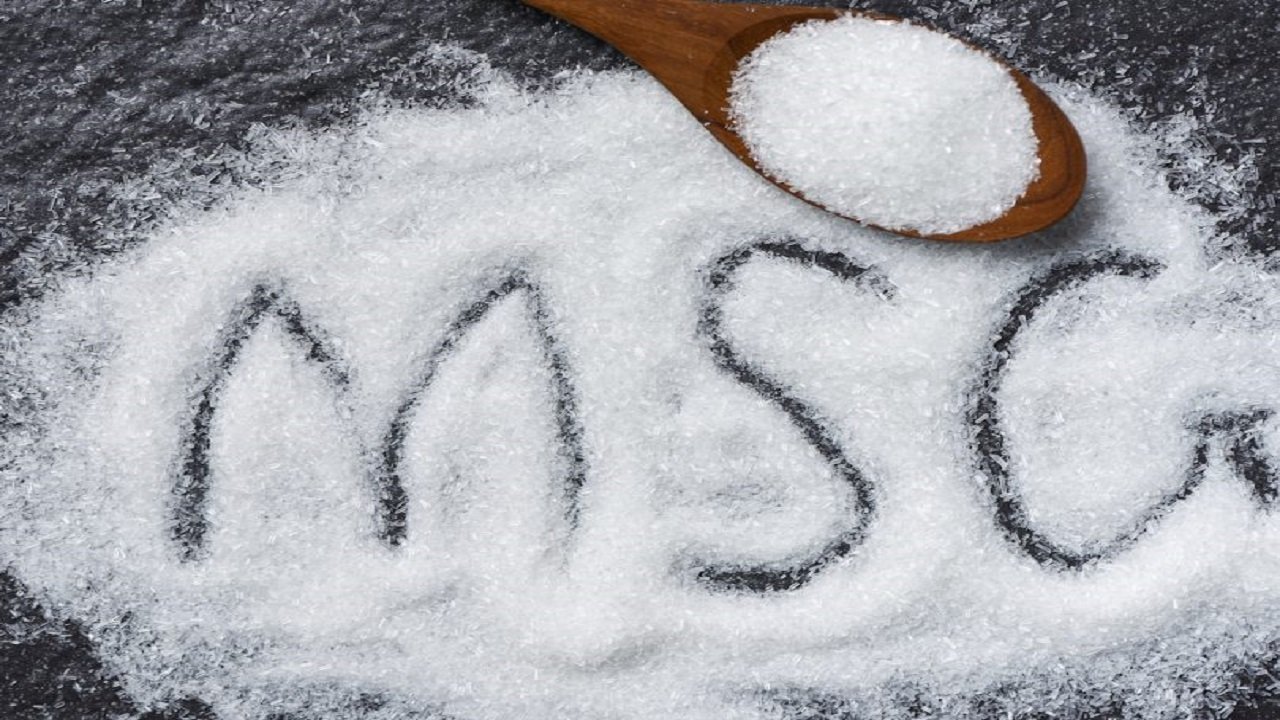Side Effects of Excessive White Rice Consumption: Diabetes Risk and Other Health Issues
Mahkatop — Many Indonesians feel that a meal isn’t complete without white rice. Although white rice is a staple food widely consumed in Indonesia and several other Asian countries, excessive…
Beware of the Fatal Effects of Consuming Kecubung Plant: Dozens of Residents Hallucinate and Hospitalized
The kecubung plant has recently gone viral due to reports of causing dozens of residents in South Kalimantan to hallucinate and be hospitalized. Kecubung contains scopolamine, a powerful hallucinogenic substance.
“Symptoms of kecubung intoxication usually occur 30-60 minutes after ingestion and can last up to 24-48 hours,” explained Addiction Consultant Psychiatrist at Sambang Lihum Mental Hospital, Dr. Firdaus Yamani SpKJ(K) in an online discussion on Friday (19/7/2024).
Dr. Firdaus explained that the initial signs of kecubung poisoning can be seen from incoherent speech. Subsequently, those poisoned by the kecubung fruit will also experience visual hallucinations.
Due to its anticholinergic effects, the plant causes the skin and mucous membranes to become dry. The person will also experience pupil dilation (mydriasis), constipation, photophobia, as well as hyper or hypotension. Other symptoms include a rise in body temperature, bradycardia or tachycardia.
“The heart rhythm becomes irregular and the person feels restless. This can be accompanied by disorientation or confusion, seizures, urinary retention, and respiratory system depression, which can lead to respiratory failure and death,” stated Dr. Firdaus.
The effects of kecubung intoxication are said to last up to a week. Long-term consumption of kecubung can lead to more severe brain damage and a decline in cognitive function.
“Repeated consumption can cause more severe brain damage, leading to prolonged hallucinations, erratic behavior, and decreased cognitive function,” Dr. Firdaus elaborated.
The affected residents are currently receiving intensive care, and the public is urged not to consume this plant to safeguard their health and safety.








